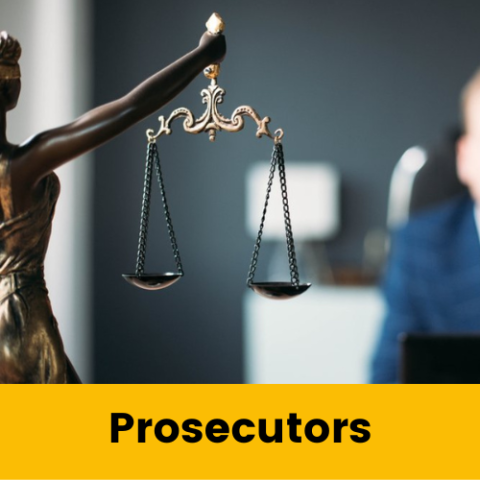The Brady List is committed to the idea of radical transparency. This means we are open, truthful, and direct with information about our processes, technology, and policies. We believe this level of transparency is a requirement of any service provider and hope that it drives conversation, innovation, and ultimately increased adoption of transparency standards.
The phrase "source of truth" is often used to describe the authoritative source of information or data within an organization or system. It refers to the ultimate repository of accurate and reliable information that is used to make important decisions. The source of truth can take many forms, such as a database, a document, or a person, and it is the foundation upon which other information and systems are built.
In a business context, the source of truth is often a database or system that contains information about customers, products, or financial transactions. This information is used to make decisions about marketing, sales, and operations, and is considered to be the most reliable and accurate source of information.
In a technical context, the source of truth can also refer to the master version of a codebase or configuration file. Developers rely on this source to ensure that the software they are working on is based on the most up-to-date and accurate information.
The importance of having a clear and accurate source of truth cannot be overstated. It ensures that decisions are based on accurate and reliable information and that everyone within the organization is working with the same set of facts. This helps to avoid confusion and errors, and leads to better decision-making and improved outcomes.
In conclusion, the phrase "source of truth" is used to describe the authoritative source of information or data within an organization or system. It refers to the ultimate repository of accurate and reliable information that is used to make important decisions. The source of truth can take many forms, such as a database, a document, or a person, and it is the foundation upon which other information and systems are built. It ensures that decisions are based on accurate and reliable information and that everyone within the organization is working with the same set of facts. This helps to avoid confusion and errors, and leads to better decision-making and improved outcomes.
"Truth in law" refers to the principle that the truth should be revealed and upheld in legal proceedings. It is the idea that the legal system should seek to uncover and establish the truth in a case, rather than just reaching a decision based on legal technicalities or procedural rules. This principle is closely related to the concepts of fairness, justice, and due process.
In a criminal trial, for example, "truth in law" means that the prosecution must prove its case beyond a reasonable doubt and the defense must have a fair opportunity to present their evidence and challenge the prosecution's case. This helps to ensure that the guilty are convicted and the innocent are acquitted.
In a civil trial, "truth in law" means that the evidence should be presented and evaluated in a manner that is fair to both parties and that the court should reach a decision based on the evidence presented.
The principle of "truth in law" is reflected in the use of evidence, such as witness testimony, documents, and physical evidence, in legal proceedings. It also involves the use of legal procedures and rules, such as the rules of evidence, that are designed to ensure that the truth is revealed and that both parties have a fair opportunity to present their case.
It's important to note that the truth in law is not always easily established, and it may require the use of different methods and strategies to uncover it. It also acknowledges that the legal system is not perfect and that sometimes mistakes can be made, but the idea is that the legal system should strive to find the truth.
In conclusion, "truth in law" refers to the principle that the truth should be revealed and upheld in legal proceedings. It is the idea that the legal system should seek to uncover and establish the truth in a case, rather than just reaching a decision based on legal technicalities or procedural rules. This principle is closely related to the concepts of fairness, justice, and due process. It's reflected in the use of evidence, such as witness testimony, documents, and physical evidence, in legal proceedings. It also involves the use of legal procedures and rules, such as the rules of evidence, that are designed to ensure that the truth is revealed and that both parties have a fair opportunity to present their case.
"Public record" refers to any information that is created, maintained, or filed by a government agency, and is required by law to be available for public inspection. Public records are considered to be a matter of public interest, and are typically available to anyone who requests them.
Examples of public records include, but not limited to: -Birth, marriage, and death certificates -Court documents, such as criminal and civil records -Property records, such as deeds and mortgages -Government meeting minutes and financial records -Vital statistics, such as population and economic data -Police reports and arrest records -Voting records -Government contracts and procurement records
The availability of public records varies depending on the jurisdiction, but in general, public records are considered to be open to the public and can be obtained through a formal request to the government agency responsible for maintaining them.
The Freedom of Information Act (FOIA) is a federal law that provides the public the right to access federal agency records or information. Many states also have their own public records laws, which vary in terms of the types of records that are available and the process for obtaining them.
The concept of public record is important as it allows for transparency and accountability of the government, it enables the public to hold the government responsible for its actions, and the access to public records allows for a more informed public, which can lead to better decision-making and more effective participation in the democratic process.
In conclusion, "Public record" refers to any information that is created, maintained, or filed by a government agency, and is required by law to be available for public inspection. Public records are considered to be a matter of public interest, and are typically available to anyone who requests them through a formal request to the government agency responsible for maintaining them. The availability of public records varies depending on the jurisdiction, but in general, public records are considered to be open to the public. The concept of public record is important as it allows for transparency and accountability of the government and enables the public to hold the government responsible for its actions, which leads to better decision-making and more effective participation in the democratic process.
In the United States, legal proof of service via social media is a relatively new concept that is still being debated and defined by the courts. However, there are a few key principles that have emerged.
First, it is important to understand that in order for a court to accept service via social media, the person being served must have agreed to this method of service in advance. This can be done through a contract or court order, for example.
Assuming the person being served has agreed to service via social media, the next step is to ensure that the service is done in a way that is reasonably calculated to reach the person. This typically means using a method of social media that the person regularly uses and checking to make sure that the message was actually received.
Once the service has been completed, the person who served the documents must provide proof of service to the court. This proof can take the form of a screenshot or printout of the social media message, as well as any receipts or confirmations showing that the message was delivered and read.
It's important to note that while service via social media may be accepted in some cases, it is not yet a universally accepted method of service and courts may have different standards and requirements. Also, some states may have specific laws or rules regarding service via social media. Therefore, it's important to check with the specific court where the case is being heard, as well as to seek legal advice.
In conclusion, while service via social media is a relatively new concept in the United States, it is possible for it to be accepted by the courts under certain conditions. However, it is important to ensure that the person being served has agreed to this method in advance and that the service is done in a way that is reasonably calculated to reach the person. And it's also important to check with the specific court where the case is being heard, as well as to seek legal advice.
Unjust enrichment is a legal principle that is used to prevent one person from being unjustly enriched at the expense of another. In the United States, unjust enrichment is a common law principle that has been adopted by many states as part of their contract law.
The basic concept of unjust enrichment is that a person should not be allowed to keep something that they have received from another person if it would be unjust for them to do so. This can occur in a variety of situations, such as when one person has received money or property that they were not entitled to, or when one person has received a benefit at the expense of another person.
One of the key elements of a claim for unjust enrichment is that the defendant (the person being accused of unjust enrichment) must have received a benefit from the plaintiff (the person making the claim). This benefit can take many forms, such as money, property, or services.
In order to prove a claim for unjust enrichment, the plaintiff must also show that the defendant was aware of the benefit they received and that it would be unjust for the defendant to keep it. This typically requires showing that the defendant knew or should have known that they were not entitled to the benefit they received.
A common example of unjust enrichment is when a person receives goods or services from another person and does not pay for them. The provider of the goods or services may be able to bring a claim for unjust enrichment against the person who received the goods or services but did not pay for them.
Another example is when a person receives a benefit from another person as a result of a mistake. For example, if a person pays for goods or services that they did not receive, the person who received the payment may be liable for unjust enrichment if they knew or should have known that the payment was made in error.
Unjust enrichment can also occur in situations where one party has a legal duty to pay for goods or services, but fails to do so. For example, if a person is receiving a pension or other benefits from a company and the company discontinues the payments, the person may be able to bring a claim for unjust enrichment against the company.
It's important to note that unjust enrichment is different from fraud or breach of contract. In cases of fraud, the plaintiff must prove that the defendant intended to deceive or mislead them. In cases of breach of contract, the plaintiff must prove that the defendant failed to perform their obligations under the contract.
In conclusion, unjust enrichment is a principle of common law that is used to prevent one person from being unjustly enriched at the expense of another. In order to prove a claim for unjust enrichment, the plaintiff must show that the defendant received a benefit, that the defendant was aware of the benefit, and that it would be unjust for the defendant to keep it. It's important to note that unjust enrichment is different from fraud or breach of contract. And it's also important to check with the specific laws of the state where the case is being heard, as well as to seek legal advice.
In the interests of transparency, Level Playing Field is demonstrating all of the invoices provided to the individual states and the US Federal government:



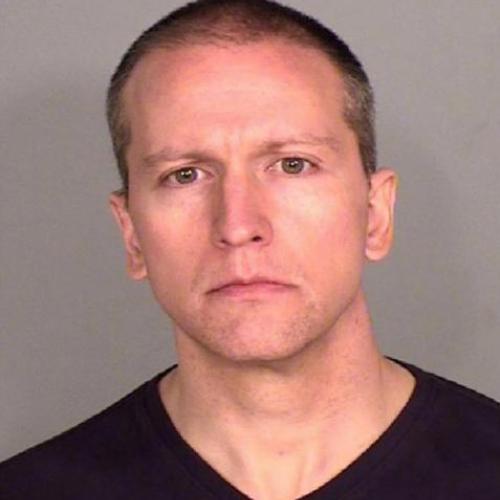

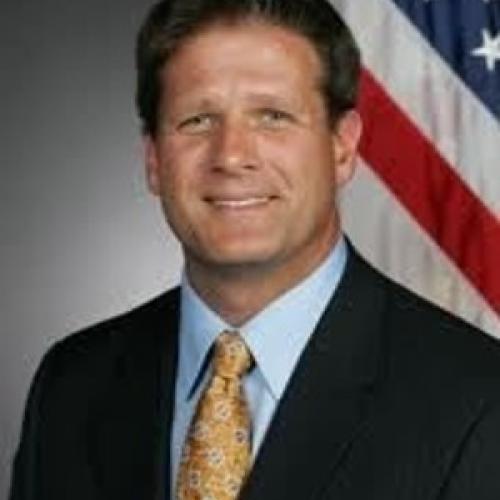


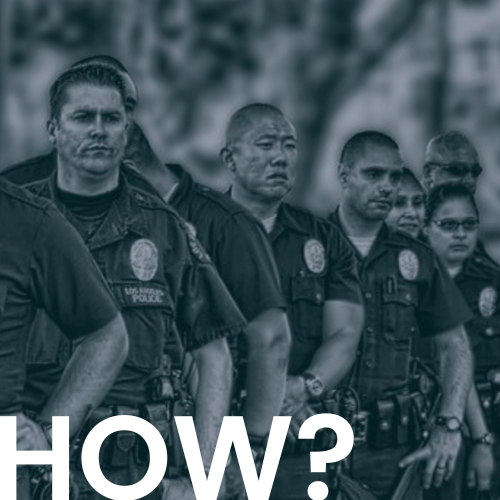


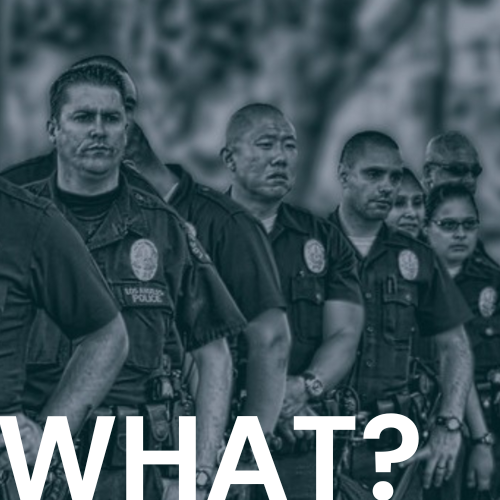
![Peace Officer Standards & Training [POST] Departments Peace Officer Standards & Training [POST] Departments](/sites/default/files/styles/large/public/2023-07/Brady.png?itok=xsIFvU8R)
![Organizations [Law Enforcement et al.] Organizations [Law Enforcement et al.]](/sites/default/files/styles/large/public/2023-07/Brady%20%282%29.png?itok=H7Pj15F8)

